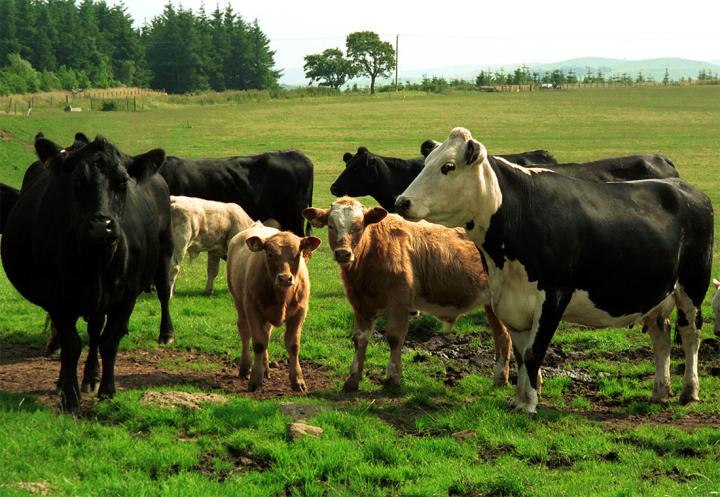Science can support sustainable beef production, expert claims
Beef can be part of the solution to sustainably feeding a growing global population, researchers suggest.

Technology and innovation can support the urgent need for sustainable beef production to help meet demand for food from a growing population, an industry conference has heard.
A targeted plan and support from technological advances, improvements in livestock breeding, nutrition, health and management can make major contributions to many of the challenges associated with feeding the growing human population, according to Professor Geoff Simm, Director of the Global Academy of Agriculture and Food Systems at the University of Edinburgh.
He outlined targets for improving sustainability of beef production, during the latest British Cattle Breeders Club annual conference.
Clarity of breeding goals
Beef represents a major economic asset and is a valued dietary component for many, but contributes significantly to global greenhouse gas emissions, habitat loss and competition for land, Professor Simm explained.
Research indicates that improvements in livestock breeding and nutrition have already resulted in a 16 per cent decrease in the carbon footprint of beef in some countries over the past few decades, the conference heard.
Cattle can consume low-opportunity cost feeds (i.e. those not in direct competition with human food production) and food industry by-products that would otherwise go to waste, so reducing the demand for arable land. Future beef breeding programmes should take this into account by evaluating the genetic merit of animals in appropriate feeding systems.
New livestock feed sources, such as insects, algae and microbial proteins could also help reduce competition for land.
Current breeding programmes should reduce cattle methane emissions per kg product by 8-9 per cent by 2050, with opportunities for 2-4 times faster rates of reduction by adoption of new techniques to identify low-emitting breeding stock, helping to contribute to net zero carbon emission targets in the UK and elsewhere.
Efforts to improve anticipatory action to climate-induced food shocks are under way among pastoralist communities, for example through the Global Academy’s work in the Jameel Observatory in East Africa, which seeks to predict and manage climate challenges in dryland areas, Professor Simm added.
Beef production has strengths and limitations when it comes to sustainability, and it is becoming increasingly important to enhance the assets and to tackle the liabilities of beef production systems. While science and technology can make major contributions to sustainability, we will certainly need further social, economic and political interventions alongside these to moderate high consumption in some countries.

